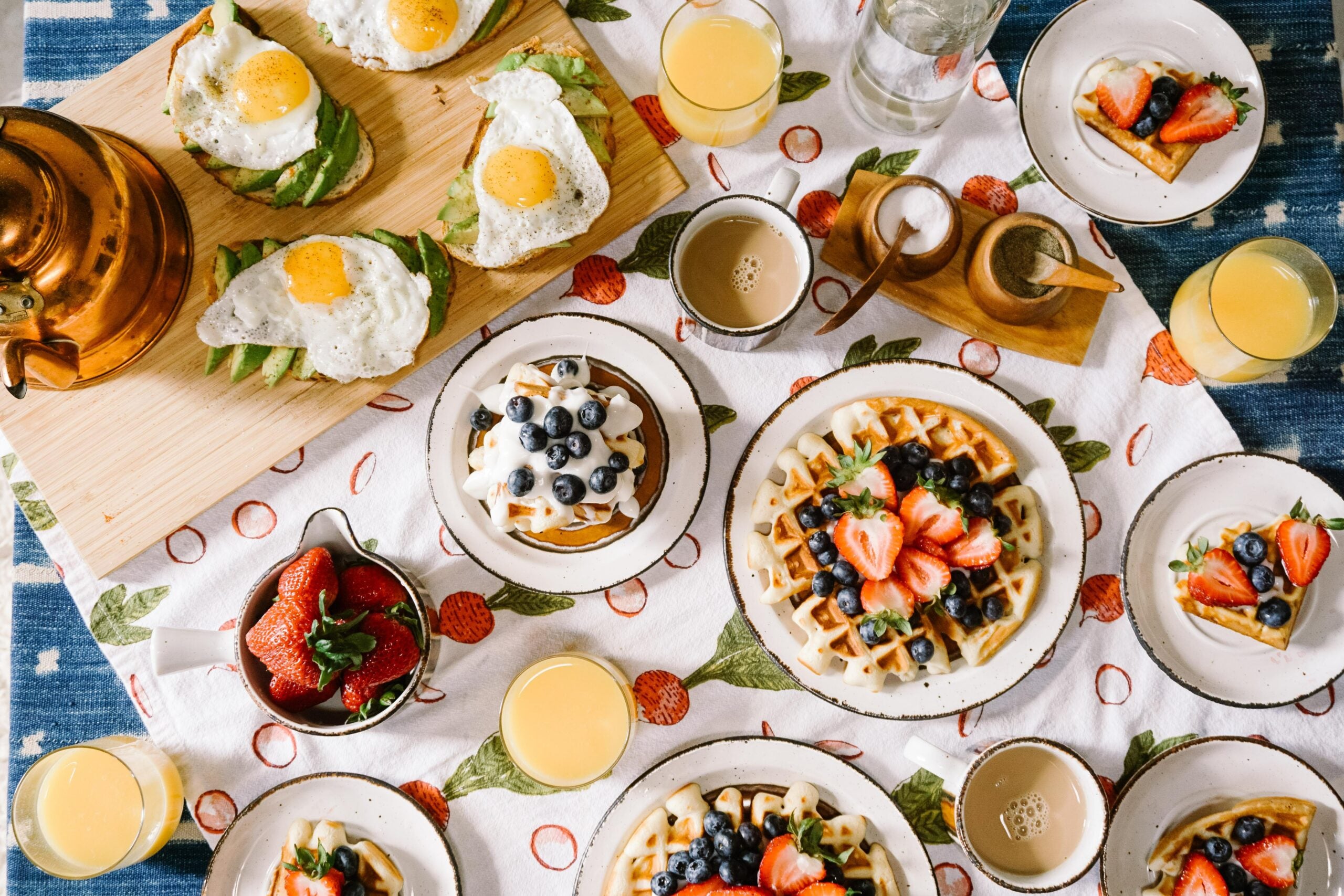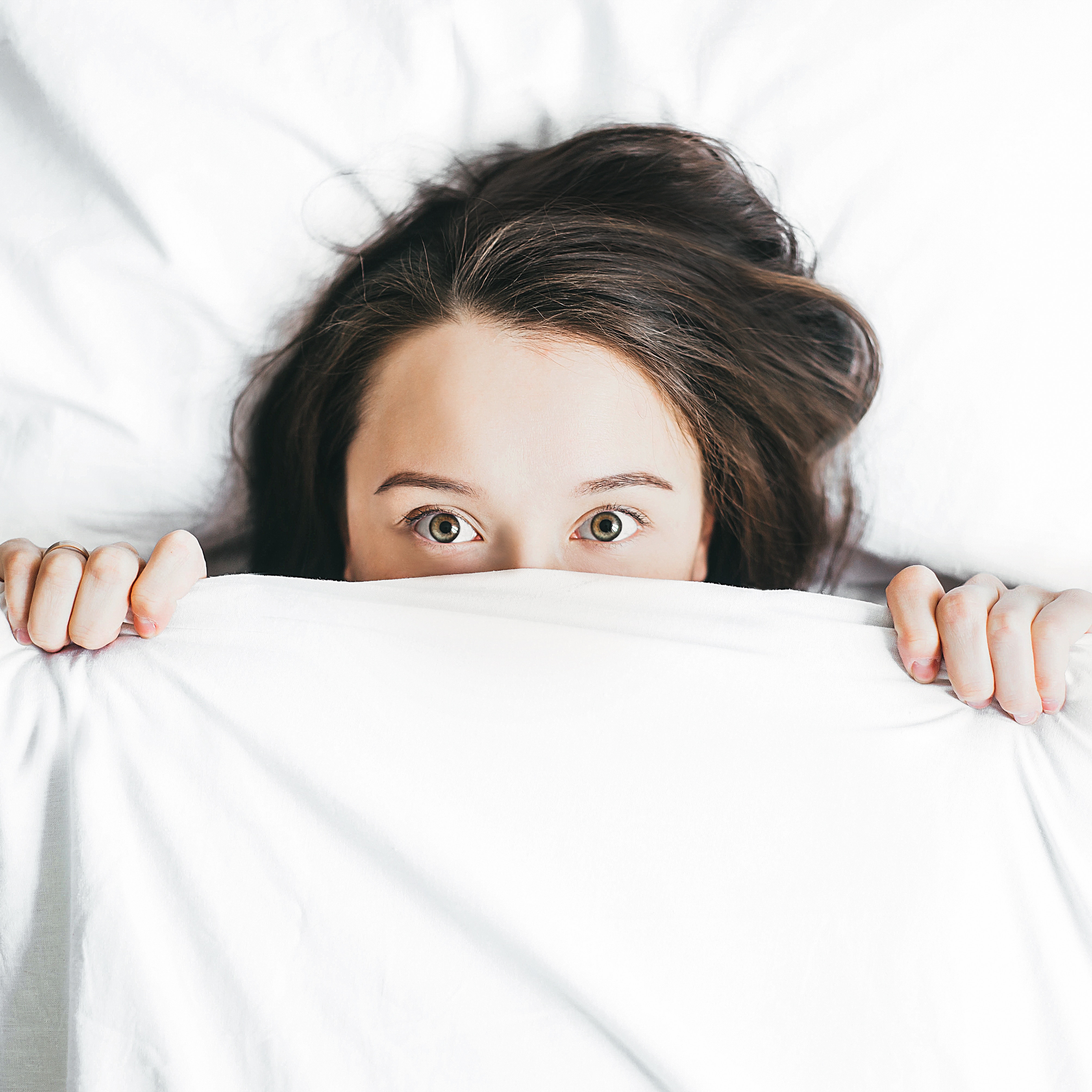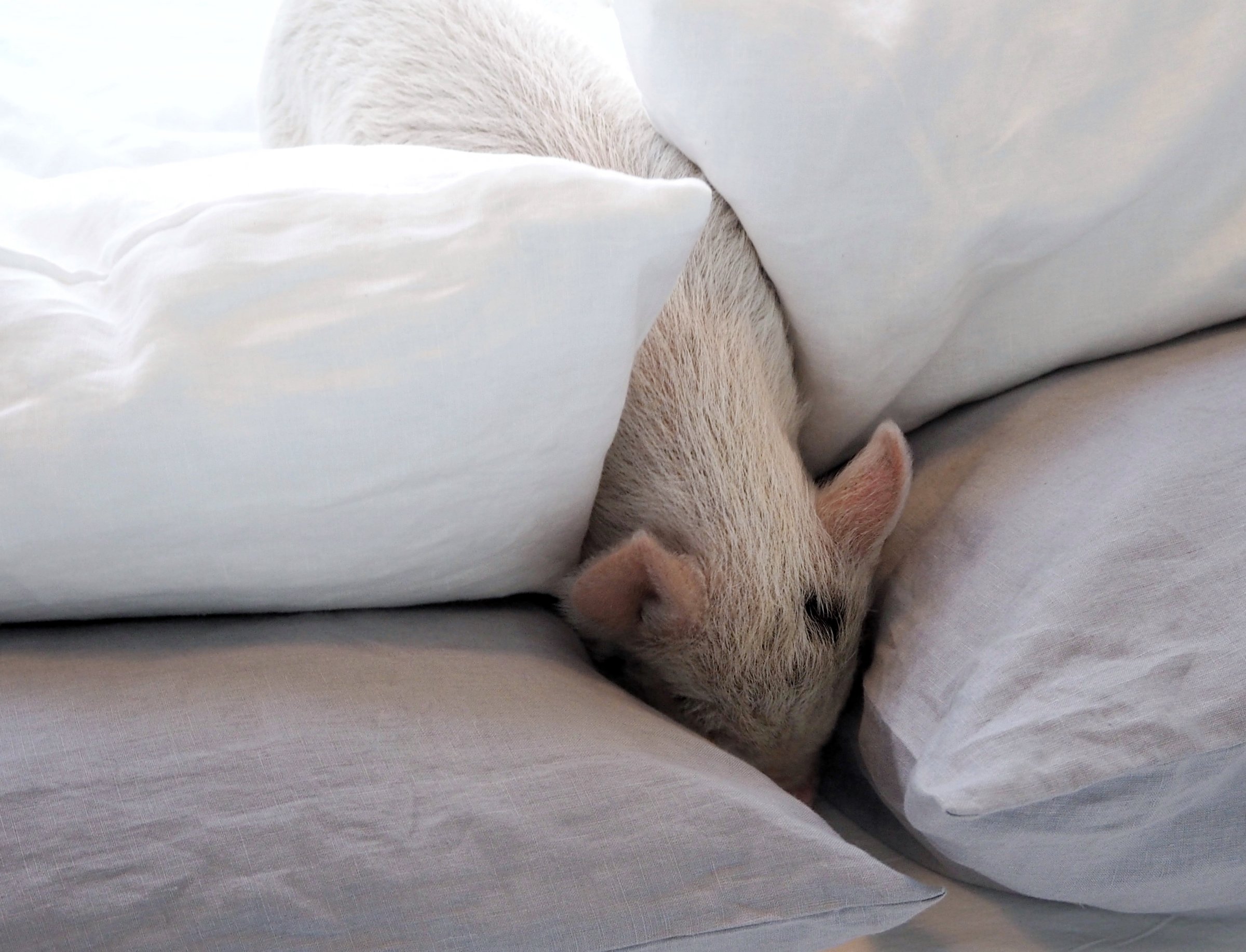The foods we consume have a huge impact on our health, in particular our energy levels. In order to achieve a healthy sleep, we need to consume healthy meals, including all the necessary food groups to achieve a balanced diet. Up to a third of the adult population suffer from chronic insomnia, and good food can help alleviate the condition. Eating the right amount at the right time, additionally, is essential in order to keep energy consistent throughout your day and promote regular, good quality sleep.
Crazy About Carbohydrates
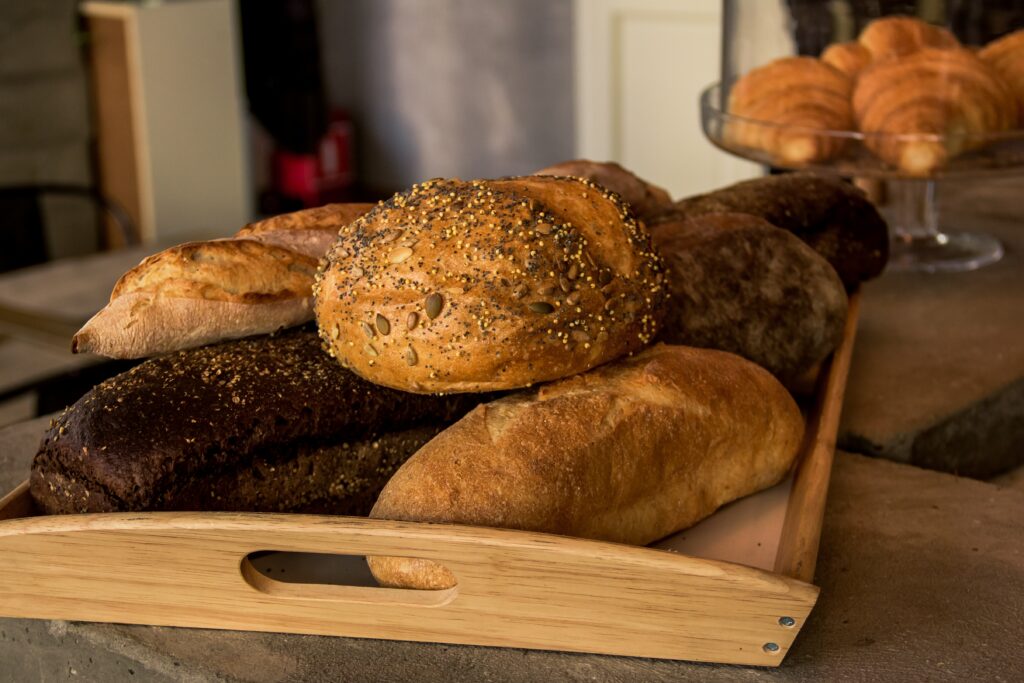
It is a myth that carbs are inherently bad for your diet. In fact, good carbs can be full of essential vitamins and are good for your heart and mind. Moreover, good carbs can help give you a good night’s sleep. Studies suggest that those who eat starchy carbohydrates, on average, fall asleep faster. Starchy carbs include potatoes and wholegrain pasta and rice.
The consumption of such carbs helps the release of tryptophan and serotonin, two brain chemicals that help to bring sleep. The controlled raising of the blood sugar through healthy carbohydrates is thought to bring feelings of sleepiness that allow for faster, longer sleep.
Picking Potassium

Potassium, much like carbs, is shown to have links to sleep improvement. Potassium-rich foods include bananas, beans, avocados and tomatoes. Studies suggest that those who struggled to sleep had low levels of potassium in their body, which could be a factor in their inability to sleep. Supplementing potassium into your diet is thought to bring deeper, less disrupted sleep.
Sleepy Sea Foods
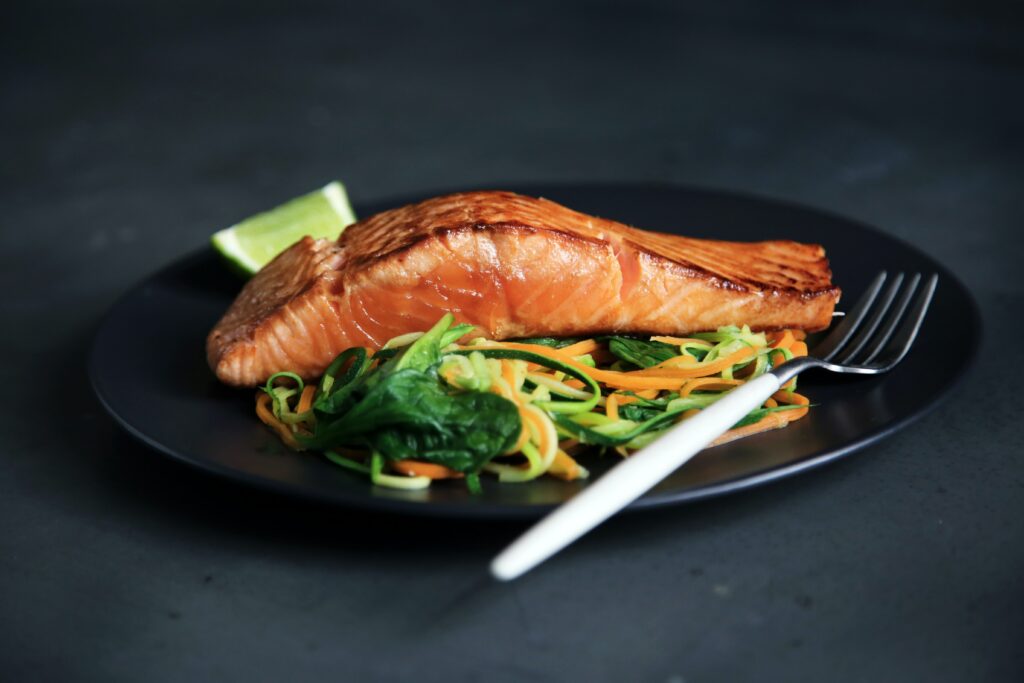
Fish makes for a good, staple meal ingredient that can set you up for a better night’s sleep. Studies on fish consumption show that regularly eating fish gave participants better quality sleep, as well as better performance on tests. It seems that this better sleep produces better brain power and productivity the following day.
The sleep-boosting powers of fish are thought to be from omega-3 and vitamin D, found prominently in oily fish. These include sardines, tuna, and salmon. These components work together to keep a consistent sleep-wake schedule.
Calming Calcium

For a deeper sleep, look no further than dairy products – from a drink of milk to serving of cheese, to calcium-rich veggies such as kale and spinach. A greater intake of calcium has been linked to deeper, better quality sleep. It is thought that calcium deficiency negatively effects REM sleep cycles. It is with calcium supplements that study participants were more likely to achieve the deepest levels of sleep.
Just be careful what calcium products you consume. A dairy-filled treat like chocolate may go down a treat, but if you are prone to insomnia sugary snacks should be avoided.
When Should I Consume These Foods for Better Sleep?

Going to bed after a big meal is the path to bad quality sleep. Trying to digest a large meal makes it more difficult to fall asleep. This leads to less, and often more poor quality, sleep. In the long term, it can cause chronic digestive issues such as acid reflux or heartburn (GERD).
Experts recommend having your last meal around three hours before bed. While a snack before bed is fine so you don’t go to bed hungry, a good pre-bedtime meal should ensure you feel full so you’re not kept awake by hunger.
Are There Any Foods I Should Avoid?
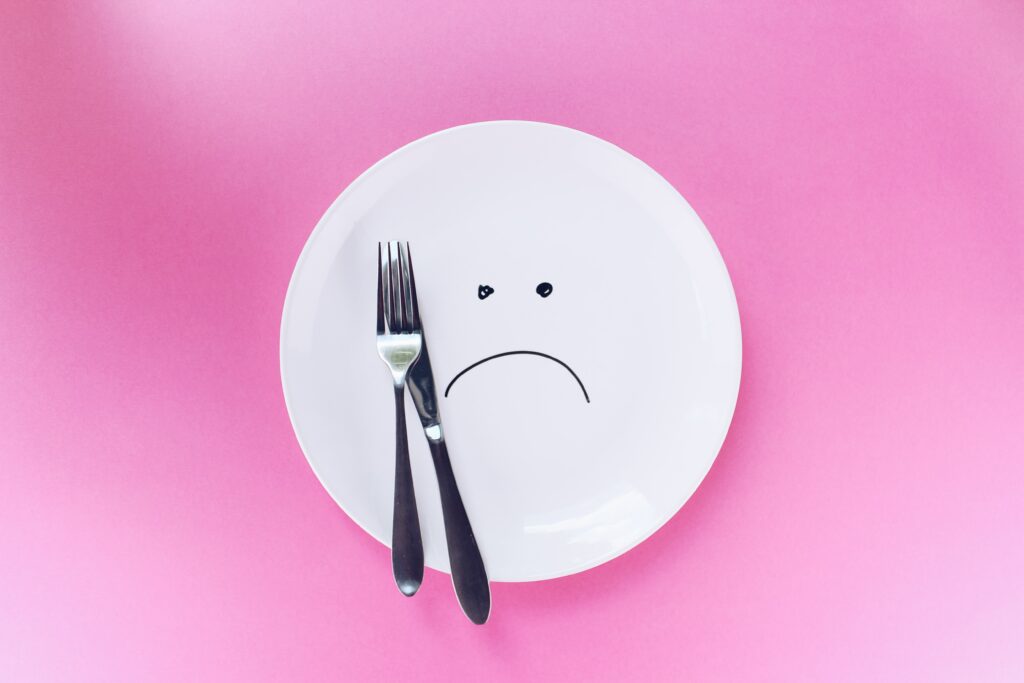
It should be noted that not all carbohydrates are good for sleep. Refined carbohydrates are carbs that contain sugars, and have been stripped of the healthy wheat germ and bran that provide its vitamins and minerals. These include white-flour breads, pastas and rice, and sugary foods such as sweets and pastries. Consuming these have been linked to poor sleep, causing a spike in blood sugars before bed. This does not mean you must avoid carbs in order to sleep. Switching to whole-grain will allow you to keep eating the carbs you want without sacrificing sleep.
Caffeine and alcohol should be avoided a couple of hours before bedtime if you struggle with insomnia. While fish is good for you, meat should be handled carefully. Fried foods, such as fried chicken, and red meat are difficult to digest, especially in the evening. For those with insomnia, foods with complex break-downs can contribute to those extra hours awake at night, leading to lack of energy during the day.

